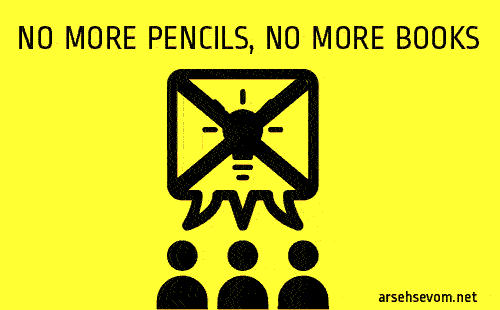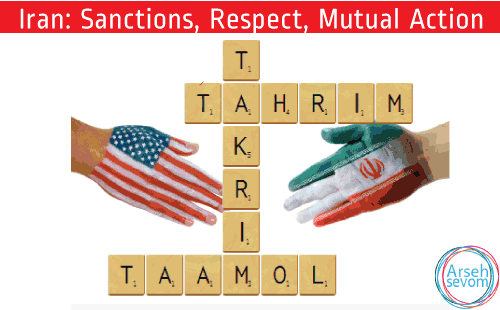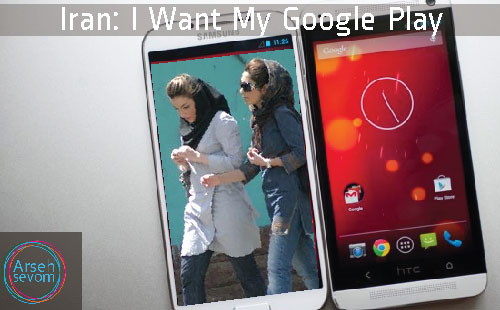
Iran: Workers Unpaid, Sanctions Sting, Executions for Drug Offenses Up
October 15, 2012
Sanctions: Who stole my medicine?
October 26, 2012Economic instability continues to rock Iran while executions for drug offenses continue despite international protest. The work of children’s activists is recognized internationally, and gender segregation becomes more widespread. Sanctions against the banking center have left many in Iran without access to needed medication and imprisoned lawyer Nasrin Sotoudeh begins a hunger strike.
Extreme Couponing Comes to Iran?
Despite Iranian officials’ constant efforts to mitigate the effects of sanctions, Iran is wracked with economic instabilities and hardship. Donyay-e-eqtesad [fa] reports of Member of Parliament (MP) Ahmad Tavakoli’s proposal to revive the coupon system and rationing as a way out of the economic crisis. The increase in prices coupled with limited purchasing power has made day-to-day life significantly more difficult for ordinary citizens in Iran. According to Iranian Labor News Agency [ILNA] [fa], the Central Bank reported that as of September, Iran’s annual inflation rate stands at 24%. Experts expect a drastic increase in the rate for the second half of the Iranian year, which begins in March. In another report, the absolute poverty rate has been calculated at between 25% – 32%. An additional 2% of the population has dropped into poverty each year over the past three years.
More shocking statistics have been reported by DW [fa] showing that 5% of Iranians are known to suffer from hunger and 7.5% of them cannot afford medical treatments. Iranian Students’ News Agency [ISNA] [fa] reports a quadrupling of the costs of medical treatments offered by public health centers.
Sanctions, Special Diseases, and Required Medicine
In her interview with Tabnak [fa], Fatemeh Hashemi, head of the Foundation for Special Diseases, said that about six million patients in Iran are affected by restrictions on imported medicines. She emphasized that the shortage is more for cancer and multiple sclerosis drugs, but thalassemia and dialysis patients are also dealing with difficult situations. The sanctions have seriously complicated banking transactions, causing a hike in prices, and even a “shortage” in some sectors. This is true even though sanctions do not specifically target the sale of medicine and medical equipment to Iran, Hashemi added.
On October 15, European Union ministers agreed to a new set of sanctions against Iran that ban natural gas imports from the Islamic Republic and framed it as part of a dual-track strategy for both negotiations and pressure. Here is the link to the full text on such measures.
Work with Children Receives International Attention
Five Iranian activists and Donya children’s research institute have been selected to vie for the world’s greatest children’s literary award of the 2013 Astrid Lindgren Memorial Award (ALMA). According to Press TV [en], some 207 candidates from 67 countries across the globe have been nominated for the 2013 award, including 61 first-time nominees.
Accident Takes the Lives of Students
In a deadly accident, 26 students, all girls, lost their lives and 19 were injured in southwestern Iran on Friday night. Los Angles Times reports that amid public outrage over the deaths, especially during a school trip, a deputy education minister tried to play down the accident, saying, “Accidents happen — some people are hurt while climbing up escalators. Certainly nobody wished for this to happen.”
The Arseh Sevom team offers its deepest condolences to the family of victims.
Shiraz University students protested against the implementation of gender segregation on the campus. University officials have started using separate entrances for males and females at some buildings. This is believed to be the beginning of a more comprehensive plan for complete gender segregation according to Bamdad Khabar [fa]. Kalame [fa] has also reported on the head of Azad University’s emphasis on the implementation of gender segregation.
Imprisoned human rights attorney Nassrin Sotoudeh has begun a hunger strike to protest the pressures placed on her family as a result of her 11-year prison term. Prison officials changed her family visiting day from Sunday to Wednesday, making it extremely difficult to see her family at all. “The conditions of detention imposed on Nasrin Sotoudeh are unacceptable and clearly aim at imposing additional punishment on her for her human rights activities,” said Souhayr Belhassen, FIDH President.
Ten people convicted of drug offenses were executed on Monday, October 22. This happened despite calls from the international community to halt application of the death penalty in Iran. Those executed today included Saeed Sedighi, whose family has actively protested his sentencing. His brother was arrested earlier in the month for giving an interview about the case with BBC Persian. His mother protested [fa] outside of Ayatollah Khamenei’s residence. Her pleas for the life of her son touched the hearts of people all over the world. She wrote:
“Since their father passed away, Saeed has been the family’s only hope. After 10 months of severe torture in prison, including two months in solitary confinement, my son is now awaiting his execution. I ask the world community to save my son’s life.”







